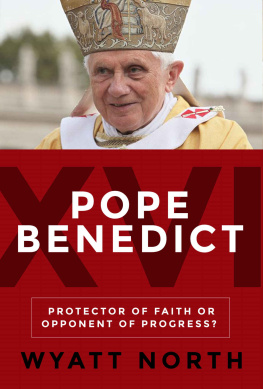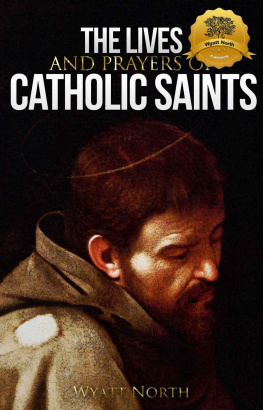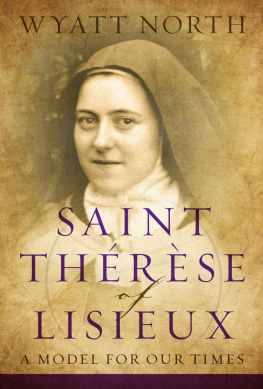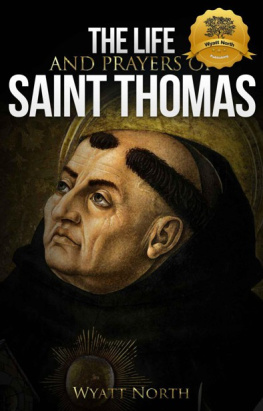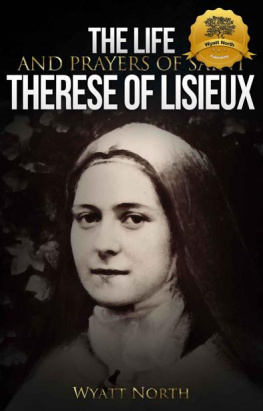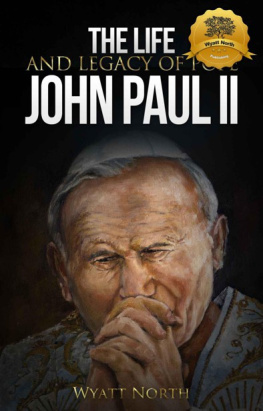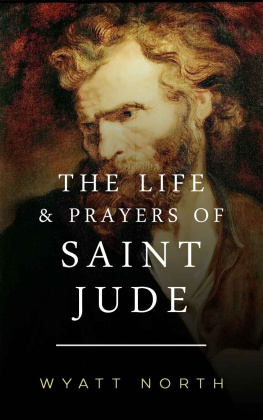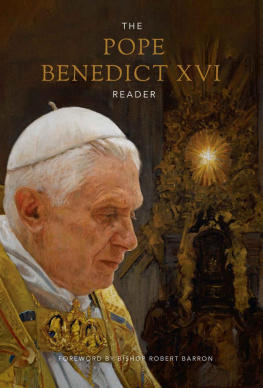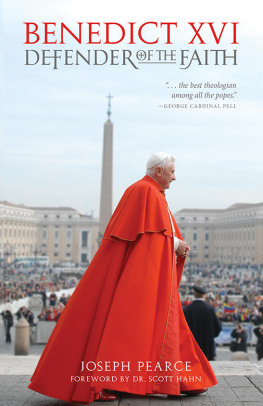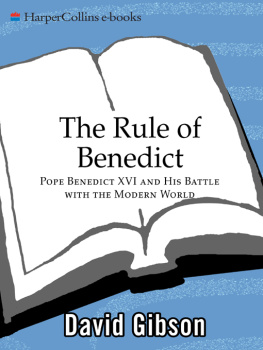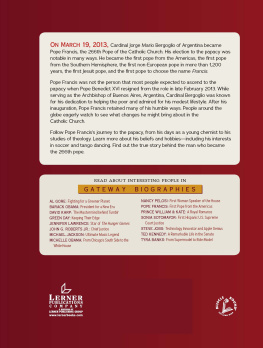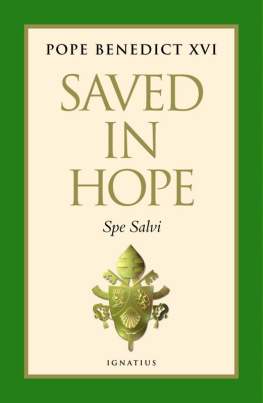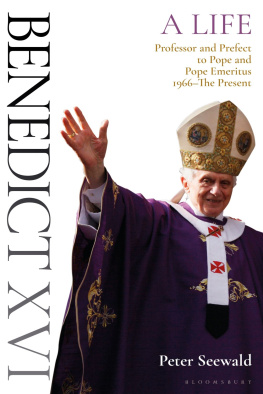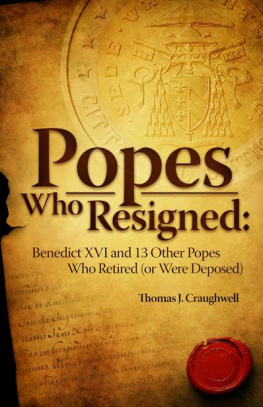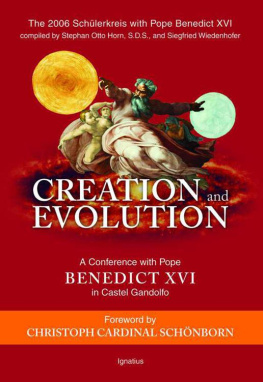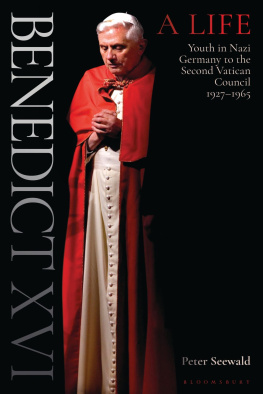Thank you for downloading this Wyatt North eBook
Never miss a free book from Wyatt North, and receive FREE inspirational eBooks for your eReader!
Thousands of readers have already joined. Sign up for free today.
Click here for free eBook offers!

Wyatt North Publishing, LLC 2015
Publishing by Wyatt North Publishing, LLC. A Boutique Publishing Company.
Wyatt North and A Boutique Publishing Company are trademarks of Wyatt North Publishing, LLC.
Copyright Wyatt North Publishing, LLC. All rights reserved, including the right to reproduce this book or portions thereof in any form whatsoever. For more information please visit http://www.WyattNorth.com .
Cover design by Wyatt North Publishing, LLC. Copyright Wyatt North Publishing, LLC. All rights reserved.
Scripture texts in this work are taken from the New American Bible, revised edition 2010, 1991, 1986, 1970 Confraternity of Christian Doctrine, Washington, D.C. and are used by permission of the copyright owner. All Rights Reserved. No part of the New American Bible may be reproduced in any form without permission in writing
Introduction
There have been a total of 266 successors of St. Peter since he was crucified upside-down in 64 AD under the persecution of Nero, and each and every one of them, by exercising the papal ministry, has left an indelible mark on history in his own way. This book is about one of these men, Joseph Ratzinger, who on April 19, 2005, was elected pope and took the name of Benedict XVI.
Those who knew him before he was elected to the papacy typically either loved him for his tough defense of the teachings of the Catholic Church or deplored his intransigence in the face of pressure to allow liberalization of the Catholic Churchs teachings on sexuality, liberation theology, and interreligious dialogue. In order to avoid rushing into a facile judgment on his person based on the opinions of others, it is important to obtain the facts. The purpose of this book is to present a human portrait of a man who is often judged by the distance between his theological views and his pastoral decisions rather than by the intentions behind those decisions, which are informed by a genuine love of the truth and devotion to Christ.
No matter what one ultimately decides about Benedict, it remains incontrovertible that he is a remarkable man. Not only was he a world-class theologian before he was elected to the papacy, thereby becoming one of the rare theologian-popes in the history of the Catholic Church, but he also gained renown on February 28, 2013, by becoming the first pope to resign freely since Celestine V in 1294.
It is impossible to fit all of Benedict XVIs stances into one political box. It is no secret that Benedict had a conservative bent in terms of his penchant for the pre-conciliar liturgy and his insistence on fidelity to the magisterium of the Catholic Church. Through his reinstatement of the Tridentine Mass as the extraordinary form of the Roman Rite and through the Summorum Pontificum, he appealed to liturgical conservatives. At the same time, Benedict adopted some stances that by American standards seem to be liberal. Through his advocacy of environmental issues and insistence on global peace, he appealed to progressives and took a stance that was contrary to the neoconservatives in the Bush administration. The ambivalence of Benedicts papal teachings in light of the strong bipartisanship of American politics indicates that papal teaching does not directly correspond to either the Republican or the Democratic agendas, but transcends both.
This book relies on several sources, including Ratzingers own Milestones: Memoirs 19271977 and John Allen Jr.s Pope Benedict XVI: A Biography of Joseph Ratzinger. The first is an obvious choice since it is essentially Benedicts autobiography up until the time he was fifty years old. The structure of the first part of this book is based on the structure of this source. While the content is similar, it is framed in an original way. I do not pretend to write a better biography of Benedict than Benedict himself did; however, one advantage I have is writing from a perspective that is thirty-eight years after Ratzingers memoirs were published. While Benedicts early autobiography is enlightening, it is incomplete. In many ways, Georg Ratzingers My Brother, the Pope helped to fill in this lacuna.
John Allen Jr.s biography is a republication of his early biography of Cardinal Ratzinger, in which he is critical of the Cardinal in certain respects but manifests admiration in others. In the preface to the book, Allen makes clear that the brand of Catholicism in which he was brought up is more on the liberal side of the liberalconservative spectrum and that he disagrees with Benedict XVI on quite a number of issues. Yet, he also writes that if he ever had a chance to go to confession to Ratzinger, I would not hesitate to open my soul to him, so convinced am I of the clarity of his insight, his integrity, and his commitment to the priesthood (Allen, Pope Benedict XVI, xi).
Allens book is not only instructive as biography, history, and journalism, but it also sheds light on the theology of Benedict XVI and is thereby theologically instructive. Allen put his masters degree in religious studies to good use in his writings about Benedict XVI and the Catholic Church. No matter what ones own religious convictions are, one can learn much about Benedict XVI by reading Allens work.
It is my hope that readers will find in these pages an enlightening account of the life of Pope Benedict XVI, who though shy by nature, has a passion for life and for God. He has always been a man who is concerned with the direction of humanity and the triumph of truth, love, and goodness. His zest for life manifests itself not only through his dedication to the church, to theology, and to his ministry, but also through his love of Mozart, his affection for his cat, and his enthusiastic admiration of the beauty of creation. Without further ado, let us take a closer look at the life of Joseph Ratzinger.
Familial and Cultural Background
In Milestones , Benedict XVI describes with obvious pride the triangular region of land, bordered by the Alps and the Inn and Salzach Rivers in southern Germany, where he grew up as a child: This had been an ancient land worked by the Celts, which then became a part of the Roman province of Raetia and always remained proud of its twofold cultural roots. Celtic artifacts have even been discovered that point to a very ancient past and connect us with the Celtic world of Gaul and Britain. There are still fragments of Roman roads, and many places can refer to their former Latin names with pride in a longer history. Roman soldiers doubtless brought Christianity into the region already in pre-Constantinian times, and, even if the faith was largely buried in the chaos of migration of peoples, streamlets of it were nonetheless able to continue flowing through this dark epoch, to be revitalized by the missionaries who afterward arrived from Gaul, Ireland, and England ( Milestones , 7). In this land, which was so thoroughly saturated with historical significance, was to be born a man who would become pope.
St. Boniface (c. 675754) was a great missionary bishop who went to Germany to establish a foothold in that land for Christianity. In a strikingly daring move, he cut down the Donars Oak, the great oak tree that was dedicated to Jupiter. This deed, like the meeting between Elijah and the prophets of Baal (1 Kg 18:2540), was a competition between gods that was widely publicized before the event, meaning that there was a sizeable crowd to witness what would happen. After Boniface cut down the tree and the people saw that he was not struck down by Jupiter, they converted to Christianity. During his missionary activity, Boniface baptized thousands of people in Germany. Ever since that time, Bavaria was a Catholic land. In the wake of the Reformation and the Thirty Years War, it was agreed in the Peace of Augsburg of 1555 that the princes and rulers of the different regions would decide the religion of their provinces for the sake of peace. It was during this time that Bavaria was officially proclaimed a Catholic state.
Next page
